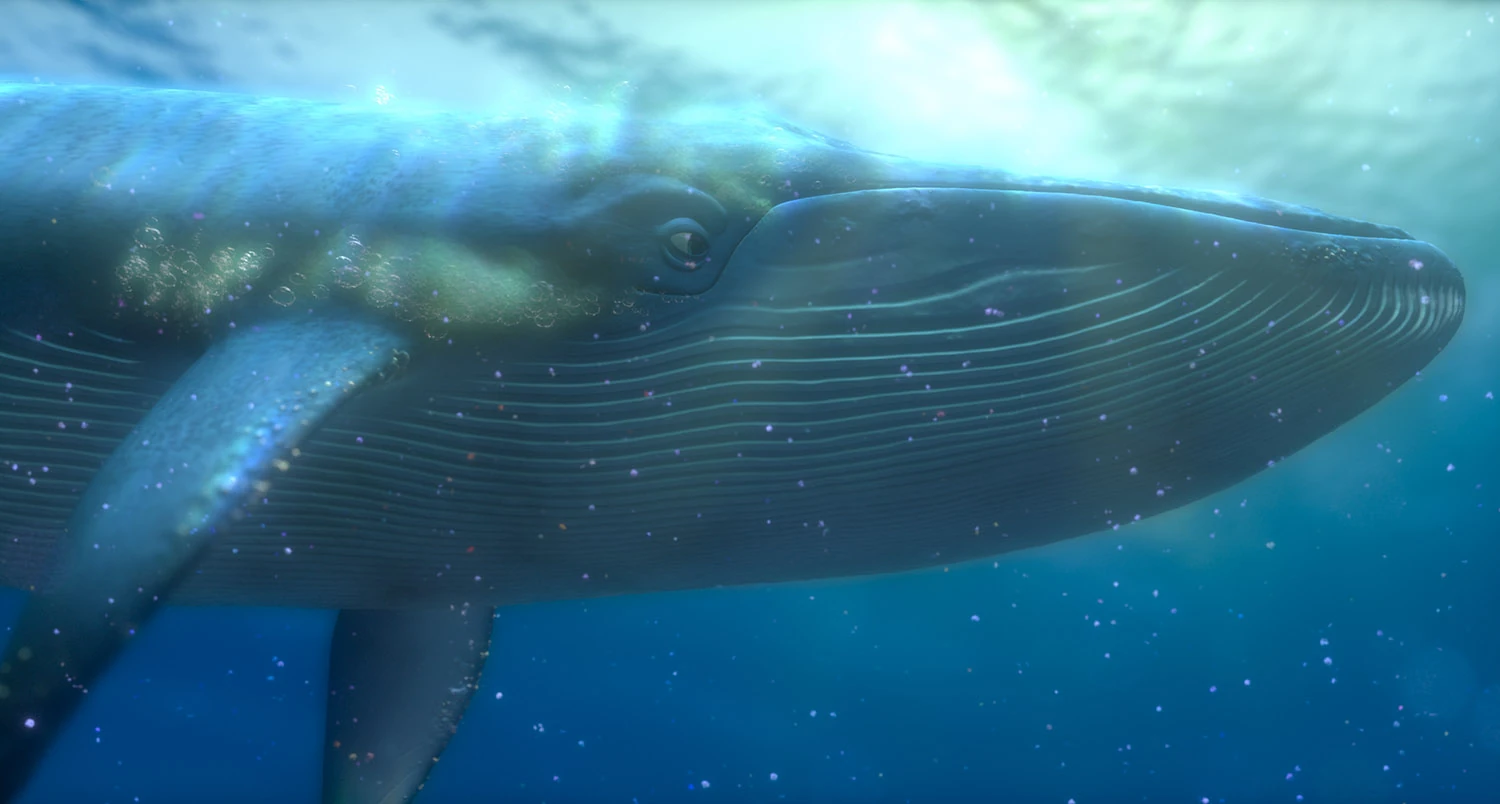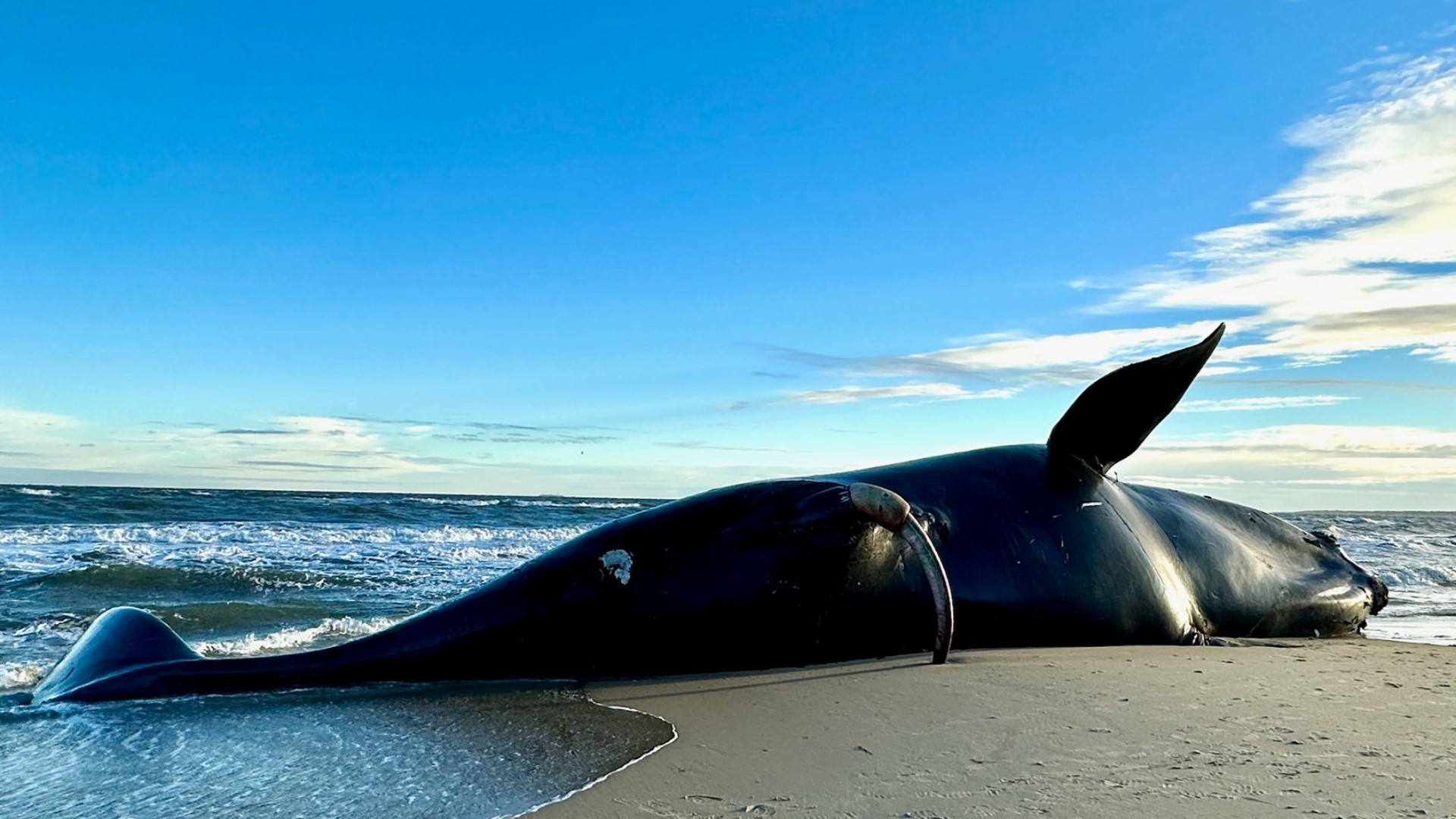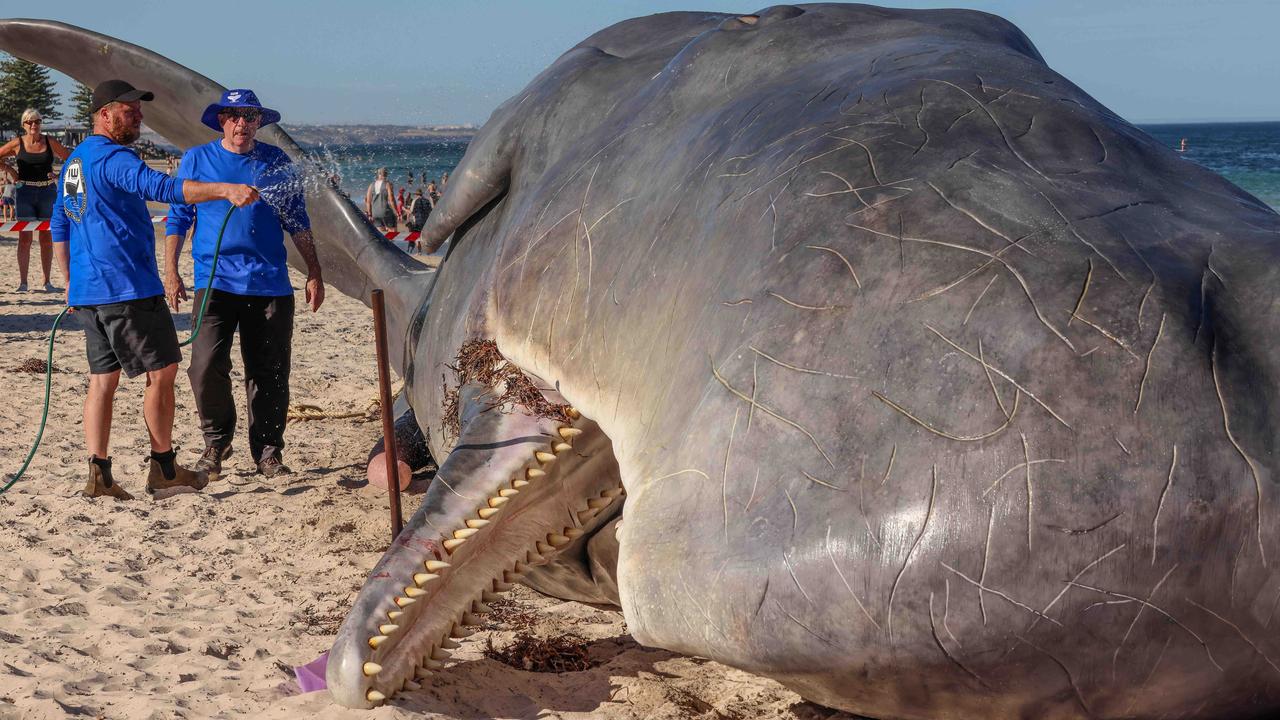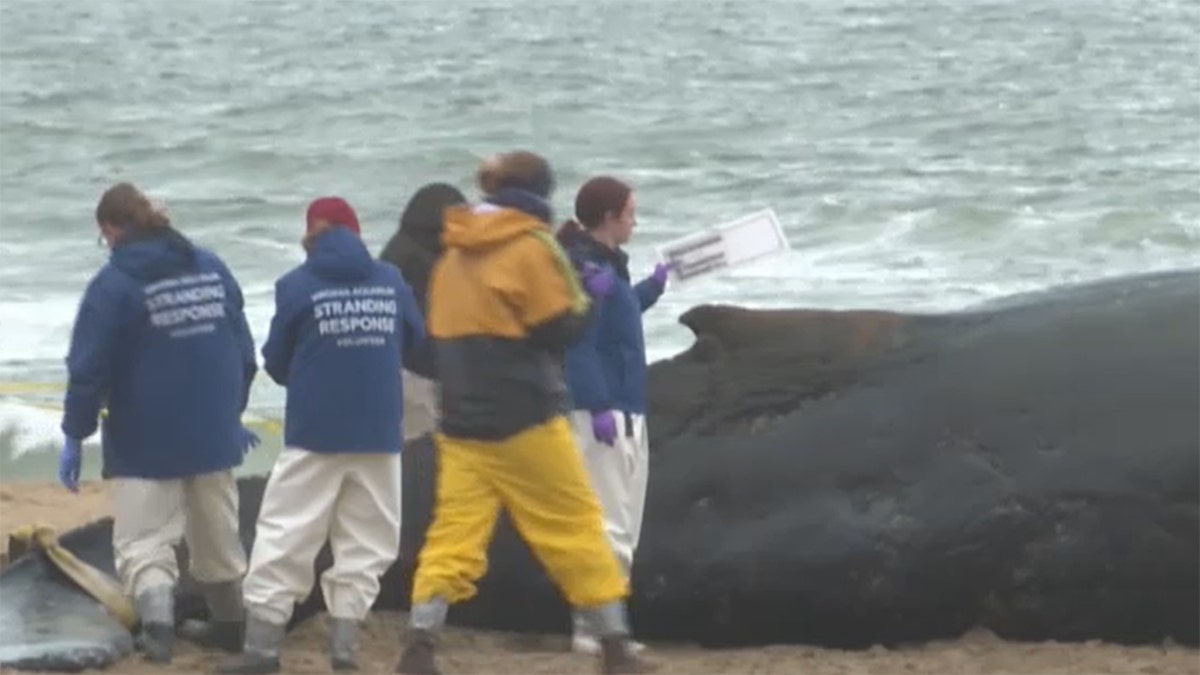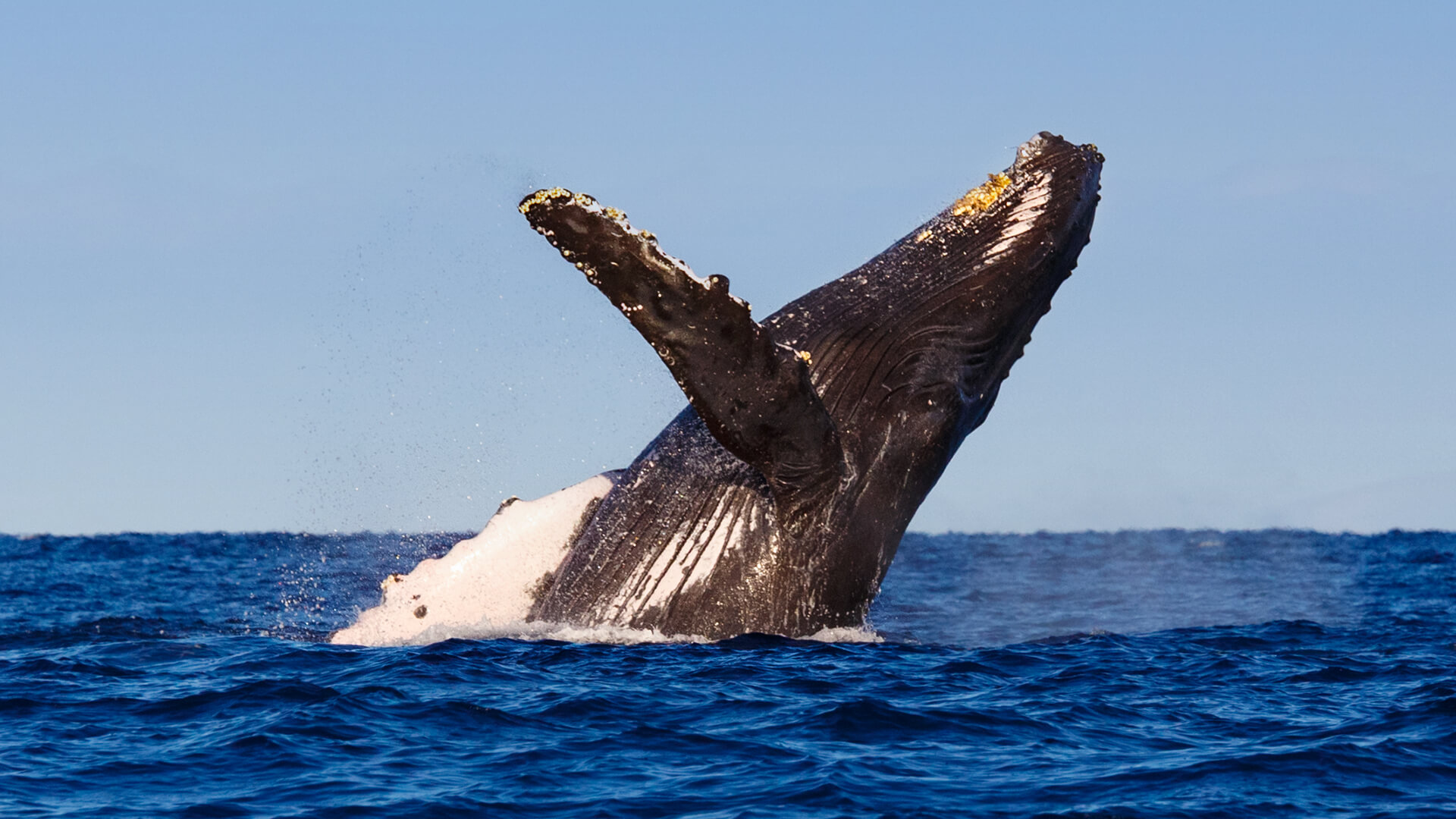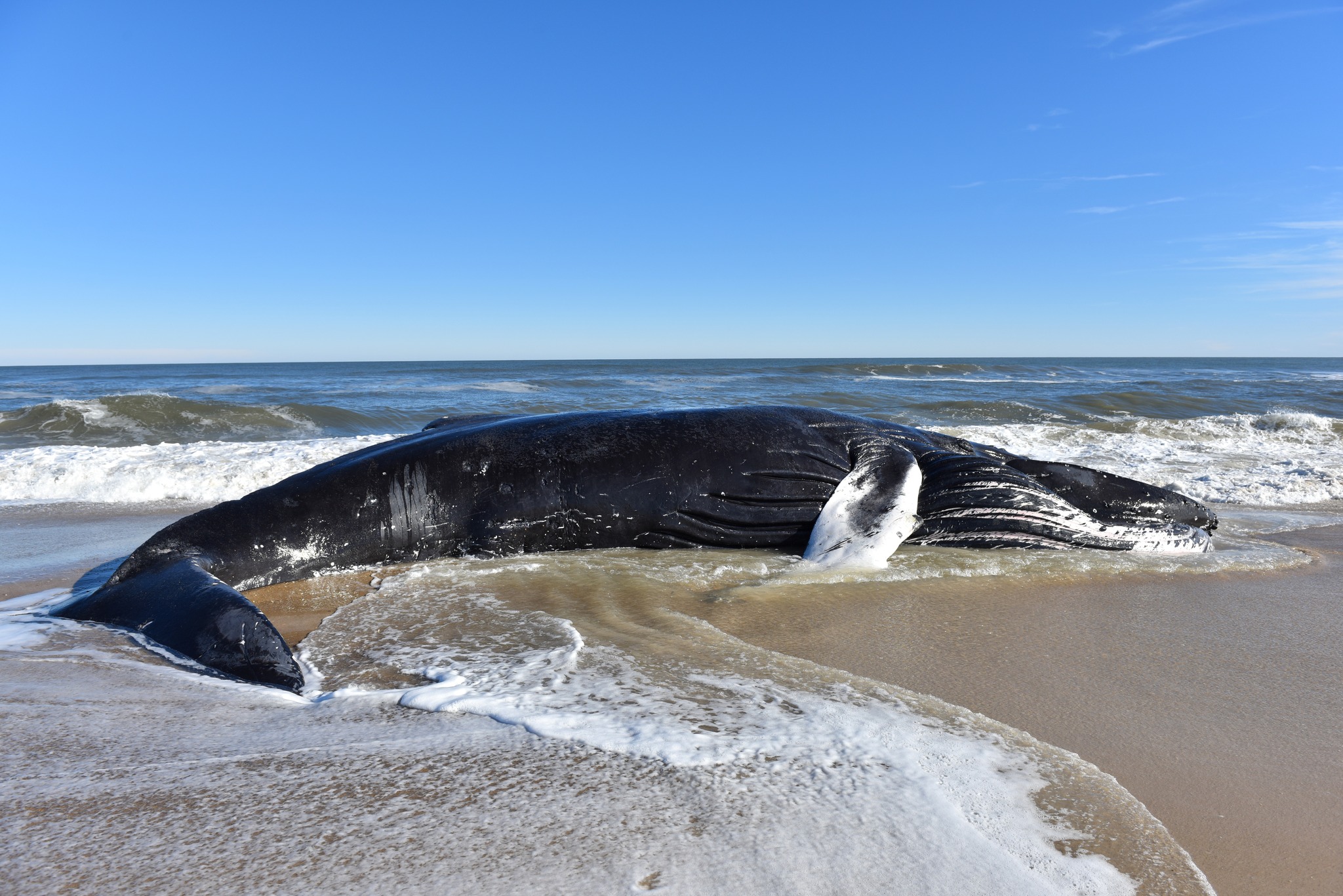The coastal community of Huntington Beach, California, was met with a mix of shock and fascination on Tuesday morning as a massive gray whale carcass washed up on the shore. According to reports from
mynewsla.com, the whale, estimated to be around 40 feet in length, was discovered by beachgoers and lifeguards, prompting an immediate response from local authorities.
The Discovery and Response
The gray whale, which is believed to have died at sea, was found on the beach near the Huntington Beach Pier, a popular spot for surfers and beach enthusiasts. As news of the discovery spread, a team of marine biologists and wildlife experts from the National Oceanic and Atmospheric Administration (NOAA) were called to the scene to investigate the cause of death and determine the best course of action for disposing of the carcass.
"It's a sad sight, but it's also a reminder of the importance of marine conservation and the impact of human activities on these incredible creatures," said a spokesperson for NOAA. "We will be conducting a thorough examination of the whale to determine the cause of death and gather valuable insights into the health of our ocean ecosystems."
Concerns and Implications
The appearance of a dead gray whale on Huntington Beach has raised concerns among local residents and environmentalists, who point to the potential impact of human activities such as pollution, overfishing, and climate change on marine life. Gray whales, which migrate thousands of miles each year from Alaska to Mexico, are an important part of the ocean's ecosystem, and their decline could have significant implications for the health of our planet.
"This is a wake-up call for all of us to take action to protect our oceans and the incredible creatures that call them home," said a local environmental activist. "We need to reduce our plastic waste, support sustainable fishing practices, and take steps to mitigate the effects of climate change on our marine ecosystems."
What's Next?
As the investigation into the cause of the whale's death continues, local authorities are working to determine the best way to dispose of the carcass. Options include burying the whale on the beach or towing it out to sea, where it can be allowed to decompose naturally.
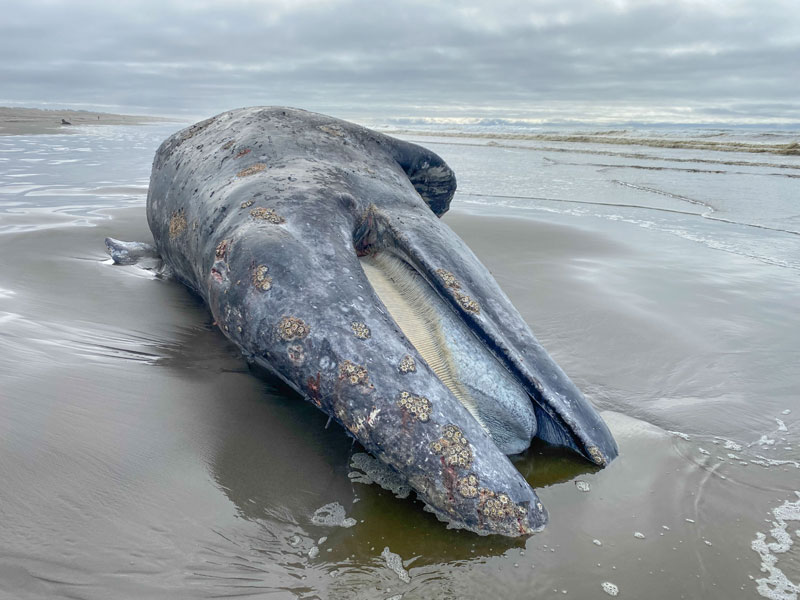
In the meantime, beachgoers are being warned to stay away from the area, as the carcass can pose a health risk due to the potential for disease transmission and the presence of scavenging animals.
The discovery of a dead gray whale on Huntington Beach is a sobering reminder of the importance of protecting our ocean ecosystems and the incredible creatures that call them home. As we continue to learn more about the cause of the whale's death and the impact of human activities on marine life, we are reminded of the need for urgent action to mitigate the effects of pollution, overfishing, and climate change on our planet.
By taking steps to reduce our environmental footprint and support sustainable practices, we can help to ensure the long-term health of our oceans and the incredible creatures that depend on them. For more information on this story, visit
mynewsla.com.
Keyword: gray whale, Huntington Beach, marine conservation, ocean ecosystems, pollution, climate change
